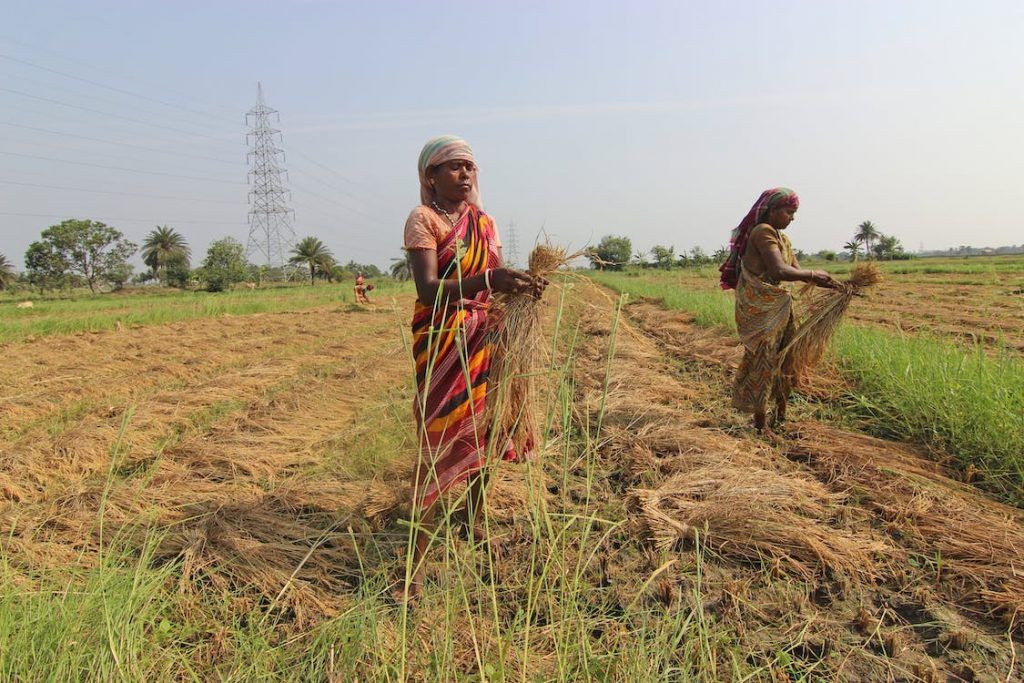UNCTAD stressed that urgent action is needed to counter projected increases in food insecurity, which is already contributing to rising poverty and inequality, especially in developing countries.
This problem is occurring while international tensions persist and the effects of climate change are becoming increasingly evident.
In UNCTAD’s view, there is an urgent need to strengthen redistributive social programs to shield vulnerable households from rising food prices and insulate farmers from the volatility of international food prices.
However, policy space in this area is «severely constrained» by some of the provisions of the WTO Agreement on Agriculture.
The domestic support that developing countries can provide to their farmers under this Agreement differs greatly from what developed countries can provide, as advanced countries were able to get a much higher binding for domestic support to their farmers, i.e., the Aggregate Measurement of Support.
While the United States can provide a maximum of $19 billion, the European Union $81 billion and Japan $36 billion, 104 developing countries can provide «zero» support.
Food insecurity
As proposed by the African Group at the WTO (African Group, 2021), it is urgent to review and correct this inequality.
Apart from the Global Support Measure, advanced countries can also provide billions of dollars of subsidies to their farmers under the «green box» subsidy, which should not distort trade.
However, UNTAD reports that a number of independent studies have shown that Green Box subsidies shift global food production to uncompetitive producers in advanced countries, who have the financial resources to provide these subsidies, with negative impacts on the incomes of farmers in developing countries.
It is therefore necessary to discipline green box subsidies to ensure a more equitable distribution of the benefits of food production and trade.
The African Group and Pakistan propose disciplining Green Box subsidies in the WTO.

